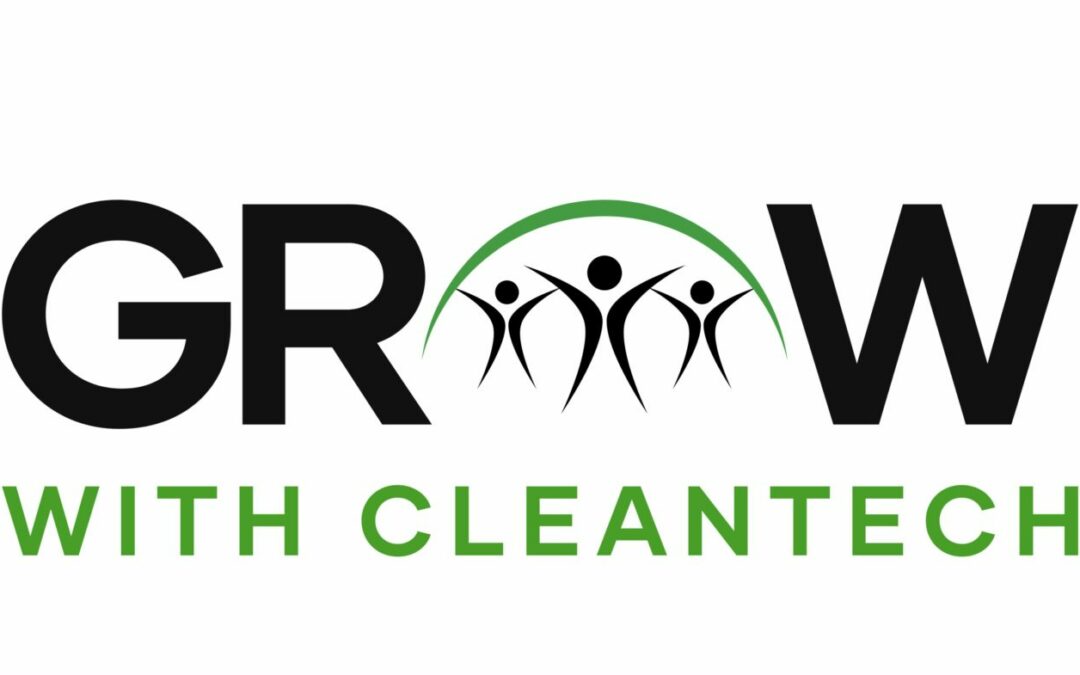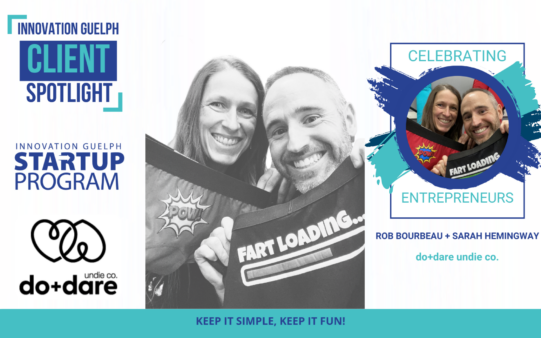i.d.e.a. Fund helped Cohort 2 participant Remix Snacks to raise brand awareness and optimize their marketing budget.
News & Stories

i.d.e.a. Fund Impact Story – Isabelle Lam, Remix Snacks
i.d.e.a. Fund helped Cohort 2 participant Remix Snacks to raise brand awareness and optimize their marketing budget.

i.d.e.a. Fund Impact Story – Isabelle Lam, Remix Snacks
i.d.e.a. Fund helped Cohort 2 participant Remix Snacks to raise brand awareness and optimize their marketing budget.

Uvaro Partners with Boundless Accelerator to Launch Innovative Cleantech Skills Training Initiative
Uvaro announces the launch of the ‘Grow with Cleantech’ Program in strategic partnership with Boundless Accelerator.

Boundless Accelerator Building on Success with Second Cohort of i.d.e.a. Fund
Making a good idea better is all about communication and collaboration! Boundless Accelerator has built on success with a second cohort of i.d.e.a. Fund™.

Boundless Education: What is a RIC?
What exactly is a RIC and how can they help you? We have the answers!

Boundless Accelerator + University of Guelph: Breaking the Mould with a Revolutionary Circular Economy Course
Boundless Accelerator and the University of Guelph are launching a new open-ed circular economy course!

5 Ways to Support a Circular Economy this Holiday Season
Learn how to support a circular economy this holiday season!

Unwrap the Magic!
Boundless Accelerator’s 2023 Holiday Gift Guide.

Boundless Accelerator launches new business consulting division to help companies scale to $1 million and beyond
Boundless Business Consulting makes its debut during Global Entrepreneurship Week 2023

Innovation Guelph Announces Rebrand, Changes Name to Boundless Accelerator
Innovation Guelph, a founding member of Ontario’s network of regional innovation centres, has a new name: Boundless Accelerator.

Breaking Barriers, Building Success – Perfect Fit Closets: A Success Story
Mali Braun always wanted to be an entrepreneur. She was highly driven by her desire for flexibility, autonomy, and the opportunity to bring her ideas to life.

Visible Ambition: Navigating Entrepreneurship as a Deaf Canadian
A Conversation between Paul Bourgeois (Founder, Deaf Stuff), Roxanne Whiting (Co-owner, Asign) and Innovation Guelph.

Growing Important Relationships – Farm Health Guardian: A Success Story
Rob Hannam has always been passionate about helping others solve their problems and improve their businesses and lives.

Business Can Be Sweet Like Chocolate, Literally! – Rousseau Chocolatier: A Success Story
Nathalie Morin and her partner, Julien, embarked on an exhilarating journey that took them across the globe, fueled by their dream of opening a remarkable chocolate boutique.
Innovation Guelph provides 21 companies with $630,000 through Cohort 2 of Government of Canada-funded i.d.e.a. Fund™
The program fosters inclusion and diversity, with a focus on continuing Canada’s transition to a green economy.

Keep It Simple, Keep It Fun! A do+dare undie co: A Success Story
Suddenly, Rob, the professional engineer, and Sarah, the teacher, were the founders of do+dare undie co. and their entrepreneurial journey began!

Always Move Forward – Wooden Boat Food Company: A Success Story
Thompson Tran has always been passionate about people, profit, and the planet! Growing up in an immigrant family full of hard-working entrepreneurs, Thompson worked since age six to help support his family. As an adult …

Uvaro Partners with Boundless Accelerator to Launch Innovative Cleantech Skills Training Initiative
Uvaro announces the launch of the ‘Grow with Cleantech’ Program in strategic partnership with Boundless Accelerator.

Boundless Accelerator Building on Success with Second Cohort of i.d.e.a. Fund
Making a good idea better is all about communication and collaboration! Boundless Accelerator has built on success with a second cohort of i.d.e.a. Fund™.

Boundless Education: What is a RIC?
What exactly is a RIC and how can they help you? We have the answers!

Boundless Accelerator + University of Guelph: Breaking the Mould with a Revolutionary Circular Economy Course
Boundless Accelerator and the University of Guelph are launching a new open-ed circular economy course!

5 Ways to Support a Circular Economy this Holiday Season
Learn how to support a circular economy this holiday season!

Unwrap the Magic!
Boundless Accelerator’s 2023 Holiday Gift Guide.

Boundless Accelerator launches new business consulting division to help companies scale to $1 million and beyond
Boundless Business Consulting makes its debut during Global Entrepreneurship Week 2023

Innovation Guelph Announces Rebrand, Changes Name to Boundless Accelerator
Innovation Guelph, a founding member of Ontario’s network of regional innovation centres, has a new name: Boundless Accelerator.

Breaking Barriers, Building Success – Perfect Fit Closets: A Success Story
Mali Braun always wanted to be an entrepreneur. She was highly driven by her desire for flexibility, autonomy, and the opportunity to bring her ideas to life.

Visible Ambition: Navigating Entrepreneurship as a Deaf Canadian
A Conversation between Paul Bourgeois (Founder, Deaf Stuff), Roxanne Whiting (Co-owner, Asign) and Innovation Guelph.

Growing Important Relationships – Farm Health Guardian: A Success Story
Rob Hannam has always been passionate about helping others solve their problems and improve their businesses and lives.

Business Can Be Sweet Like Chocolate, Literally! – Rousseau Chocolatier: A Success Story
Nathalie Morin and her partner, Julien, embarked on an exhilarating journey that took them across the globe, fueled by their dream of opening a remarkable chocolate boutique.
